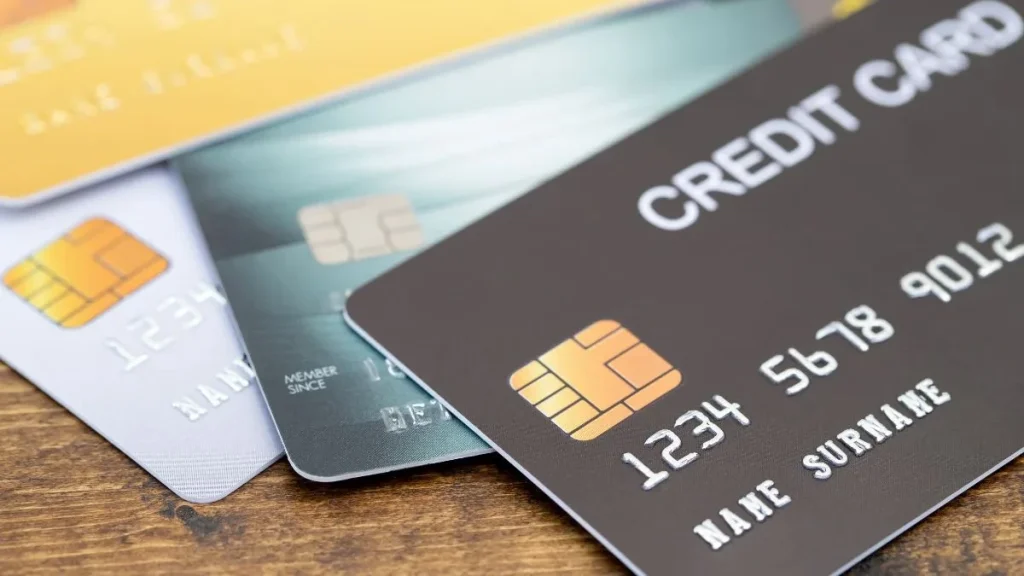Business cards have long been a staple in professional networking, but many entrepreneurs overlook their potential role in financial planning for American startups. While they might seem like a small detail, these handy tools can significantly impact your business’s financial health. From fostering new partnerships to managing company expenses, this focus keyword – “business cards in financial planning” – can be a key element in your startup’s success.
Anúncios
In a world dominated by digital communication, physical business cards still possess unique value. They serve as tangible reminders of a meeting or event and can make a lasting impression when designed thoughtfully. Moreover, as we’ll explore in this blog post, these cards can play a strategic role in organizing and forecasting your company’s financial trajectory.
The importance of business cards in financial strategy

While business cards may seem like mere networking tools, their implications for a startup’s financial strategy are profound. For fledgling companies, making the most of every connection can lead to valuable partnerships and growth opportunities. Cards make it easy to share contact information swiftly and professionally, setting the stage for potential collaborations.
Anúncios
In financial terms, they act as cost-effect digital breadcrumbs that lead back to your business. Properly used, they help cultivate relationships that can enhance your startup’s market presence and financial standing. Moreover, business cards afford a professional credibility that can influence negotiation leverage when securing funding or striking deals.
Cost-effective marketing tool
As small businesses often operate with limited budgets, cost-effective marketing options are crucial. Business cards offer significant value per dollar spent; they are inexpensive to produce in bulk and infinitely customizable. Whether you’re at a networking event or an industry conference, handing out these affordably-produced cards is an enduring way of extending your startup’s reach.
Engagement fueled by personal connections often yields more significant returns, both in relationships and sales, than high-cost advertising. These cards increase the likelihood of face-to-face interaction converting into lasting professional relations, minimizing acquisition costs for new clients or partners.
Tracking expenses and client relations
A subtle yet powerful element of financial planning linked to business cards is their use in tracking expenses related to client interaction. Every exchange, every card handed out, marks a potential expense category within your company’s budget. Keeping records of these distributions helps assess which contacts translate into profitable ventures over time.
This tracking facilitates more informed financial decisions, allowing startups to identify trends and focus their resources on high-yield relationships. Customer relationship management systems can be employed alongside physical cards, lending clarity to which interactions should be prioritized.
Designing business cards with a financial mindset
You might not initially link card design to financial planning, yet strategic creativity can influence a card’s effectiveness in achieving financial goals. A well-designed card representing your brand succinctly conveys professionalism and attention to detail, compared to hastily-created alternatives.
In industries with numerous competitors, a standout design can be an initial differentiator that piques a prospect’s interest, fostering business growth. Thus, it aids in maximizing the return on investment for networking efforts and catalyzes potential financial expansion.
Leveraging technology in card design
Technological advances have transformed how business cards can serve startups, making design and sharing processes more efficient and impactful. With QR codes, augmented reality, and electronic business cards, traditional printed designs can extend into the digital realm, capturing contacts instantly and integrating them within digital financial management systems.
These tech-savvy innovations allow seamless tracking of who receives your card, when, and the subsequent engagement follow-up. Analyzing this data feeds into more precise financial forecasts, enabling a startup to adapt quickly to trends or shifts in client behavior.
Creating strategic alliances
Using business cards thoughtfully can fortify strategic alliances, crucial to financial planning success. They serve as conversation starters at events, encouraging dialogue around potential collaborations or partnerships beneficial to both parties. These alliances often translate into shared resources or costs, enhancing your startup’s financial landscape.
Long-term, such partnerships enable dividend sharing, cooperative marketing efforts, or joint bids for contracts, providing diverse revenue streams. Business cards remain the initial medium through which these conversations and eventual deals often begin, underlining their strategic value.
Therefore, viewing these cards not just as contact information carriers but as gateways to potential financial partnerships shifts their role from mere networking tools to pivotal components in financial planning.
